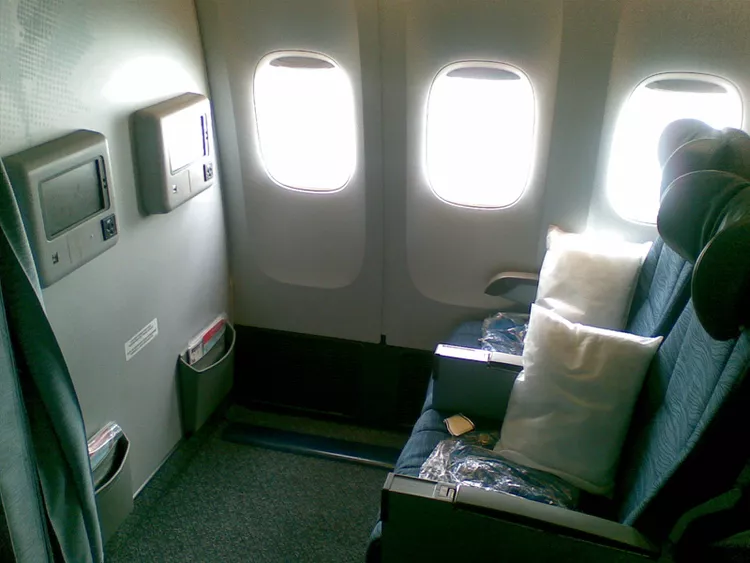Understanding Airline Fees
A base fare refers to the cost of an airline ticket before any additional fees, taxes, or surcharges. In many cases, travelers find that their base fare is substantially lower than the final ticket price. Particularly for international flights, the final price can increase significantly due to extra charges.
1. What is a Base Fare?
Travelers should understand that the base fare is just one component of the overall ticket price. Therefore, familiarizing oneself with various fees associated with air travel is crucial to budgeting correctly for a trip.
2. Fees Added to a Base Fare
Airlines increasingly add fees to the base fare for services that were once included in the ticket price. While baggage fees have become commonplace, these are merely a part of a broader list of potential charges. Travelers may face fees for:
- Food and beverages
- Advance seating assignments
- Reserving premium seats
- Early boarding
- Second carry-on items
- The services of airport ticket agents, such as boarding pass printing
3. Taxes and Federal Fees
The U.S. Department of Transportation governs airline ticket pricing, mandating that the total cost, which includes taxes and mandatory fees, is prominently displayed. Consequently, it’s essential for travelers to recognize that the base price does not reflect their total ticket cost. Various fees that might apply include:
- Federal Excise Tax: A federal excise tax of 7.5% is imposed on airfare.
- Passenger Facility Charges (PFCs): Ranging from $4.50 to $18, these charges support airport maintenance as determined by federal law.
- Segment Fee: A federal fee of $4.10 for each flight segment defined as a takeoff and landing.
- September 11th Security Fee: This fee of $5.60 is applicable for each one-way flight to enhance security measures.
- U.S. or International Departure and Arrival Charges: Government-imposed taxes that could be as high as $200 depending on your travel itinerary.
4. Airline Surcharges
Airline surcharges are additional fees that airlines may impose alongside the base fare and other government-mandated charges. These surcharges can vary and are often not detailed extensively in fare breakdowns. Common airline-imposed surcharges include:
- Fuel Surcharge: Fees that reflect variances in fuel costs, which may not apply to Frequent Flyer reward tickets.
- Direct Ticketing Fee: Charges for booking through a ticket counter or over the phone rather than online.
- Holiday Surcharge: Increased fees during peak travel times.
- Paper Ticket Fees: Imposed for opting for a hard copy of tickets instead of digital ones.
- Change Fees: Assessments for altering travel dates, flights, or classes of service.
- Award Ticket Fee: Potential charges for redeeming points for reward flights.
- Baggage Fees: Additional fees for checked and carry-on baggage.
- Food and Drink: Costs associated with in-flight meals, snacks, and beverages.
To minimize unexpected expenses, it is advisable to review the fine print on your airline’s website and to take proactive measures. By preparing your own meals, restricting luggage to one carry-on, and booking online, travelers can effectively keep their air travel costs contained.





